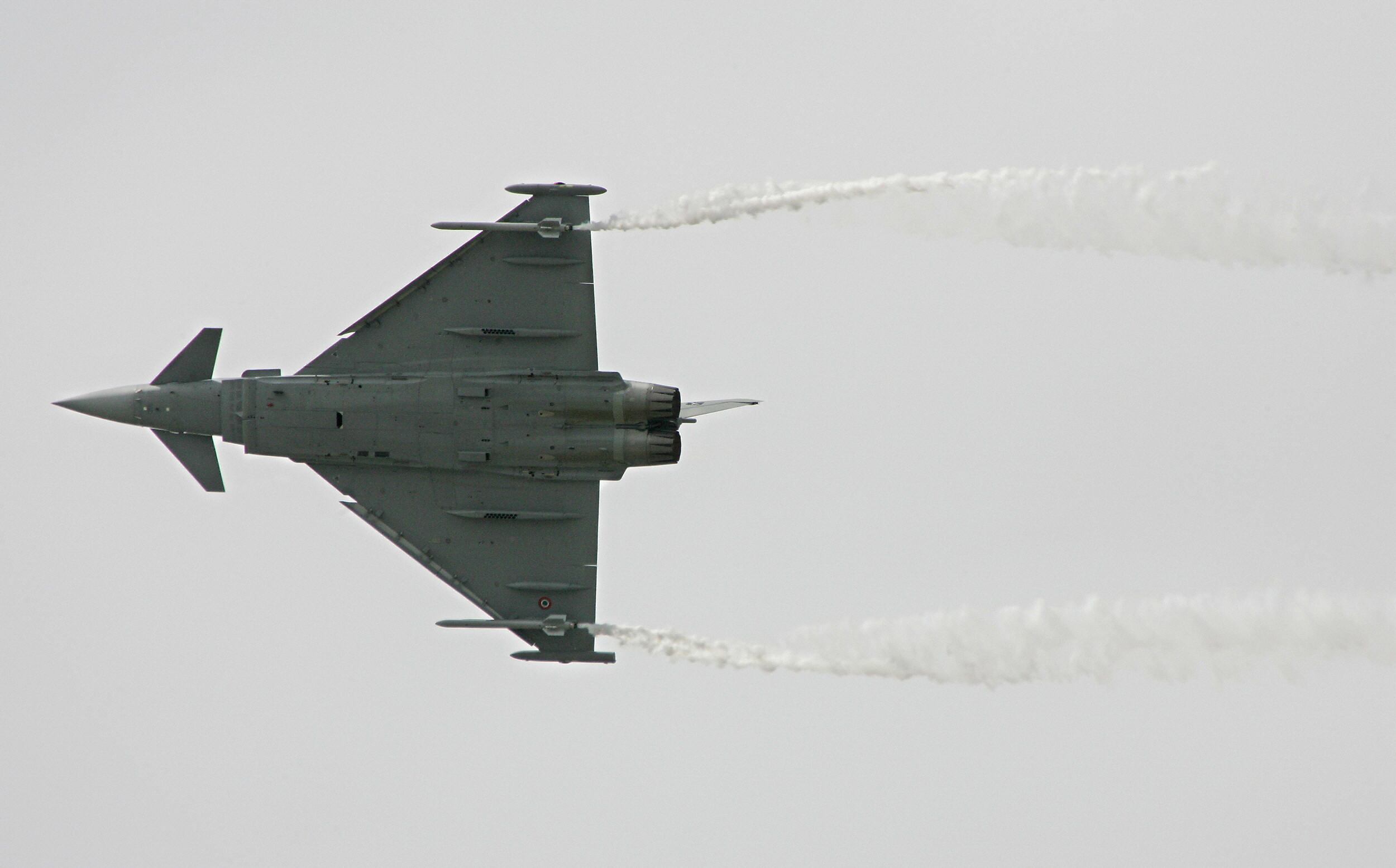LONDON — Talks over an order for a second batch of Typhoons for Saudi Arabia are ongoing, BAE Systems’ head of government relations has told British lawmakers.
“We are still talking to our Saudi customer about the next set of requirements,” Bob Keen told the Defence Select Committee on Tuesday. “There are a raft of issues that surround that, including our continuing commitment to the Vision 2030 agenda and investing in Saudi Arabia, where we already employ 6,000 people. I wouldn’t want to put a date when we would secure more business, but we are working absolutely flat out to make sure that is as soon as possible.”
The executive didn’t expand on issues surrounding Saudi Arabia’s Vision 2030, a Saudi government plan to wean the country off its dependence on oil and diversify the economy into high-tech sectors like aerospace; but it may be connected with the amount of work the Saudis expect to be undertaken locally on any new Typhoon order. The original Saudi deal for 72 aircraft included a commitment by BAE to undertake a degree of local assembly, but that plan was eventually shelved.
RELATED

The Saudis have 72 Typhoons and have been in talks for several years now over a further batch of about 48 jets.
Magic wand
BAE executives also gave evidence to the committee on the company’s decision in October to ax nearly 2,000 people from its U.K. workforce, the bulk of them in its air business.
At one point, Chris Boardman, the managing director of BAE Systems’ military air and information business, was asked by one of the parliamentarians what he would wish for the business if he had a magic wand.
Boardman said it would be for the government to provide some vision of where Britain’s combat air sector would be heading once the Typhoon era comes to a close.
“The key thing is to come to a specific decision on the post-Typhoon era because that is a big issue, and I worry that we are applying our investment in a speculative way rather than specific work for a specific effect,” he said.
The Conservative government in Britain has talked about a long-term defense air strategy for a while now, but it has shied away from launching a review as part of its industrywide manufacturing strategy rolled out Nov. 27.
France and Germany are already jointly exploring a possible sixth-generation manned fighter program, and the U.S. is pursuing a similar program.
Andrew Chuter is the United Kingdom correspondent for Defense News.








